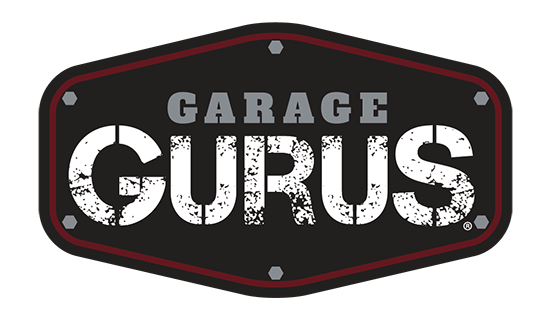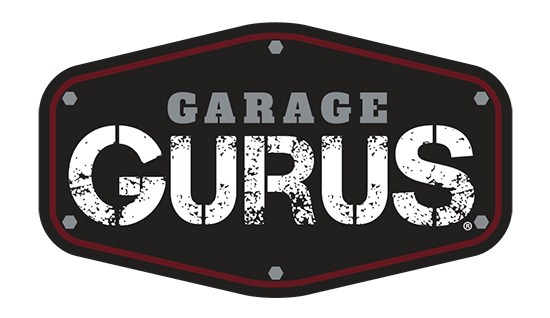Set them up for success
You’ve sifted through scores of resumes and applications and invested many hours in the interviewing process. Now that you hired the right technician for your shop, you have one more thing to take care of. Before your new hire starts, don’t just throw him or her into the job; be sure to have an onboarding process in place.
Designed to help new employees transition into your organization, the goal of onboarding is to provide new hires with the resources and tools they need to be successful in their new position. Read on to learn how an onboarding process can help your shop.

Why it matters
Employee turnover costs your shop both money and resources. A strong onboarding program is one of your best weapons against turnover. Having a plan in place is the first step to ensure a smooth transition for your new technician. It makes the new hire feel welcome and shows that you are excited about them starting. The sooner an employee feels prepared for their job duties, the sooner they’ll be an important contributor to the success of your shop.

Getting started
The onboarding process should begin before your new hire reports for their first day of work. Send a packet to the employee with any forms that need to be filled out – that way you can concentrate on more important things on their first day rather than paperwork.
Arrange for the new employee to receive their uniform before their first day. Being able to come to work in uniform will help them feel as if they’re part of the team right from the start. Have their workstation ready for them before they arrive. Again, this shows that you’re prepared and ready for them to jump into their role.

First day
Make sure that the new employee is warmly greeted on their first day. Meet them in the lobby, or if you aren’t available, designate someone to be their official greeter. Clear some time on your calendar to meet with the new employee to answer any questions they may have.
Take them on a tour of the shop, pointing out key things that will help them in their new role. Introduce them to colleagues and other key people in the shop. Give them a cheat sheet with helpful information they’ll need like websites for work and benefits, an organizational chart highlighting important people in the company, general company policies, and the mission and values of the shop.
To help the new tech get acclimated to your shop and get acquainted with coworkers, have them shadow an experienced technician. Consider having them spend time with more than one veteran employee over the course of their first few days. This will give them a comprehensive view of the shop.

Keep it going
The onboarding process isn’t just for a few days. Have regular check-ins over the course of the employee’s first months on the job. This will help you assess the progress of your new hire and give both sides an opportunity to address any concerns before they snowball into bigger issues.
Consider implementing a mentoring program in your shop. Not only will the new hire benefit from the wisdom and guidance of a veteran employee but the established worker can hone their leadership skills and have the satisfaction of helping others. Check out this article to learn more about establishing a mentoring program in your shop.

Monitor your program
Don’t have a ‘set it and forget it’ attitude toward your onboarding program. Ask new hires for their feedback on the onboarding process. Your new hires are uniquely qualified to offer a first-hand evaluation – their insights can help you know what is working and what should be tweaked. Don’t be afraid to change up elements of your program – what has worked for the past five years may be in need of an overhaul.
The content contained in this article is for informational purposes only and should not be used in lieu of seeking professional advice from a certified technician or mechanic. We encourage you to consult with a certified technician or mechanic if you have specific questions or concerns relating to any of the topics covered herein. Under no circumstances will we be liable for any loss or damage caused by your reliance on any content.


 English
English